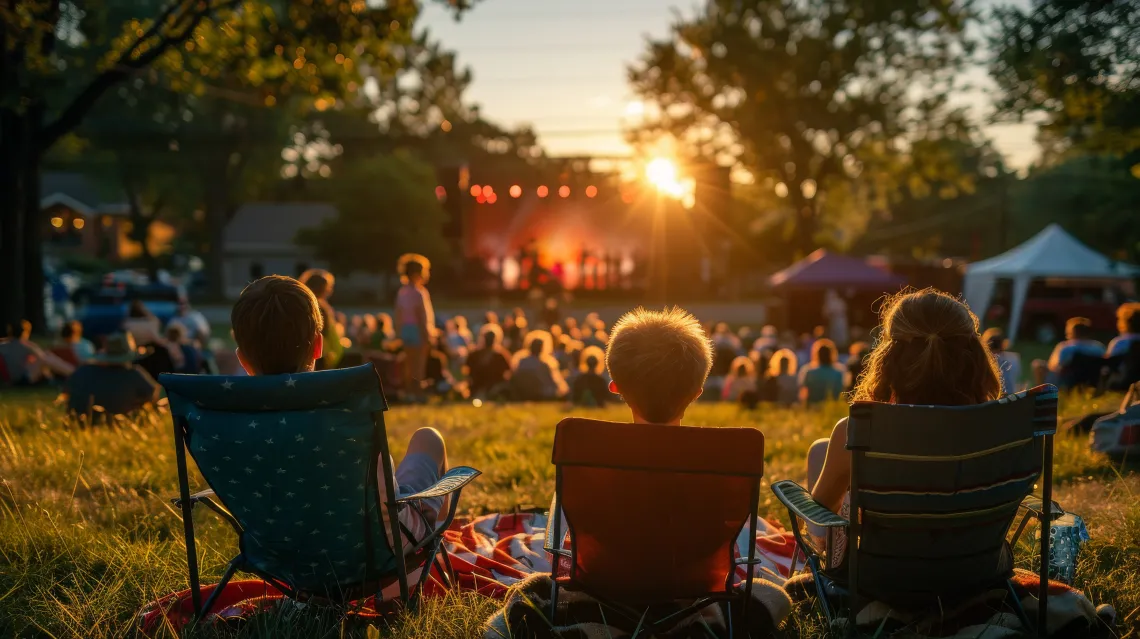Severe Weather is Impacting Outdoor Concerts

When Emma Furrier arrived at Fenway Park on June 20 for Lana Del Rey’s inaugural headlining show in Boston, the last thing she expected was to spend half the night under the bleachers.
But after three days of a blistering heat wave, the mayor had just declared a state of emergency. When heat lightning struck, Fenway staff sent fans to shelter in place in the stuffy concourse, where they remained for two hours with little to no water or airflow.
The safety precautions the venue had promised before the show – free waters, cooling stations, electric fans – were nonexistent, and fans started feeling ill and “dropping like flies,” she says.
“Every 10 minutes the Fenway employees screamed at us to move so they could get a stretcher or a wheelchair (through), but it was shoulder-to-shoulder, every part of your body was pressed up against another's," Furrier says. "It was really scary because no one knew what was happening.”
The show started at 10 p.m. and lasted only 45 minutes, about half the singer's usual set. But by then, Furrier felt so sick and dehydrated that she “couldn’t even enjoy the show, which was really disappointing,” she says. “I just couldn’t wait to go home and lay down.”
While she “survived” the show, she “never wants to experience it again.”
USA TODAY has reached out to Fenway Park for comment.
Furrier's harrowing experience is far from unique this summer as rising temperatures and extreme weather pose an imminent risk to outdoor concerts. In areas where summer storms are uncommon, venues may lack the necessary protocol for handling potentially dangerous evacuations. And, some artists and managers are starting to hesitate before booking outdoor shows in the hottest cities.
Gregg M. Garfin, deputy director for science translation and outreach at the Arizona Institute for Resilience at the University of Arizona, says rising temperatures and heat waves are already impacting summer concerts, and in hotter regions, the shoulder seasons (spring and fall) are becoming riskier too.

